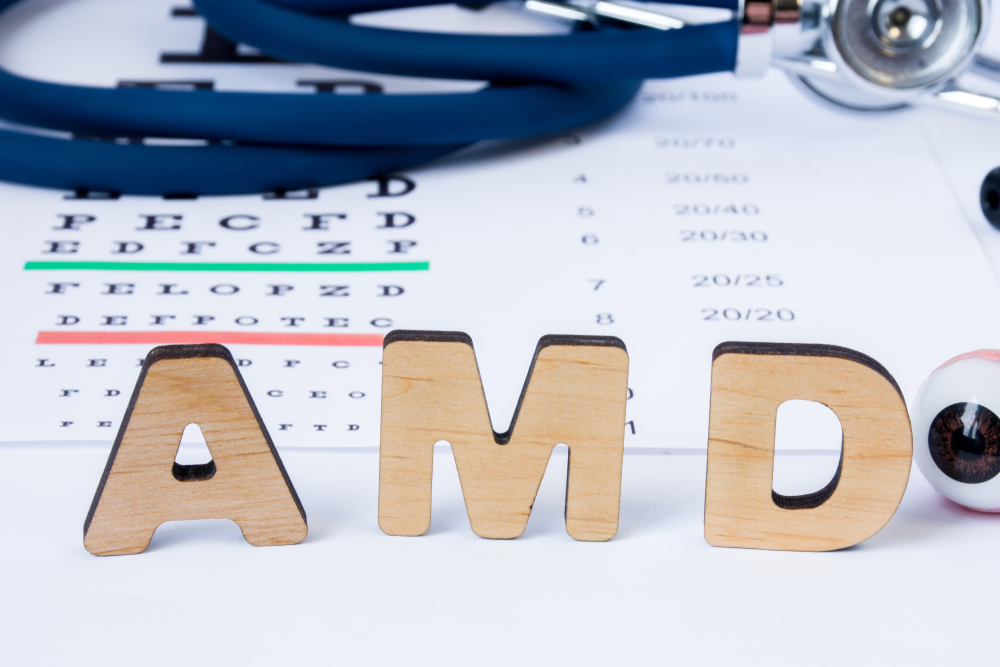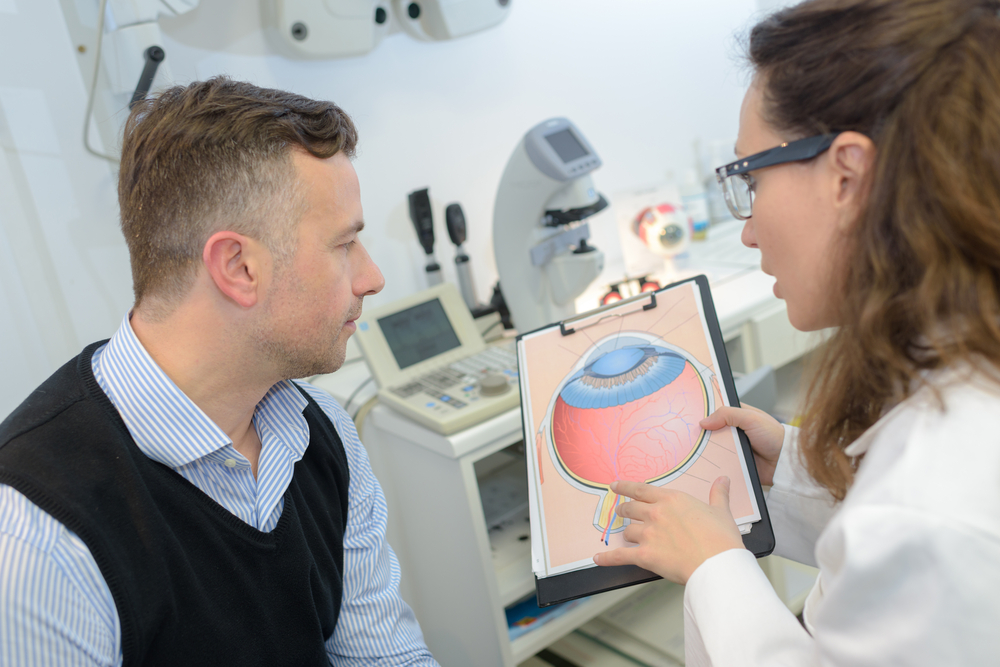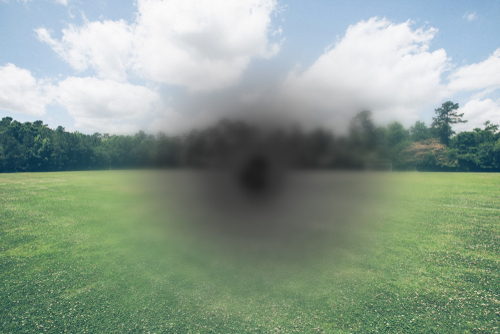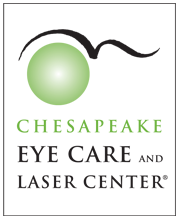What Happens If Macular Degeneration Goes Untreated?
July 3, 2024
Macular degeneration is a serious eye condition that can lead to vision loss if left untreated. This progressive eye condition affects the macula, the central part of the retina responsible for sharp, clear vision.
While it's more common in older adults, macular degeneration can impact people of all ages. By understanding the risks associated with untreated macular degeneration, you can take proactive steps to protect your vision and maintain your quality of life.
Keep reading to learn what happens if macular degeneration goes untreated!
What Is Macular Degeneration?
Macular degeneration, specifically age-related macular degeneration (AMD), is a progressive eye condition that affects the macula, the part of the retina responsible for detailed central vision. When left untreated, macular degeneration can lead to significant or total impairment of the central field of vision.
Are There Different Types of Macular Degeneration?
There are primarily two types of macular degeneration. These are dry macular degeneration and wet macular degeneration.
Dry AMD accounts for the majority of cases and progresses more slowly than wet AMD. It is caused by an accumulation of protein deposits under the macula, called drusen, which cause the macula to thin and atrophy.
Wet AMD is less common, but more severe. In the wet form, abnormal blood vessels grow under the retina and macula, leading to the leakage of blood and fluid.
Unlike dry AMD, the symptoms of wet AMD often develop very suddenly. The sudden onset of wet macular degeneration can cause significant, irreversible damage that can lead to partial or total vision loss.
What Happens if Macular Degeneration Goes Untreated?
If macular degeneration goes untreated, damage to the macula worsens, and symptoms become more noticeable. Here is what to expect with both dry macular degeneration and wet macular degeneration:
Early Stage Dry Macular Degeneration
In the early stage of dry macular degeneration, the impact on your vision might be minimal. You may notice the following symptoms that can slowly worsen over several years:
 Blurriness in Central Vision
Blurriness in Central Vision
Initially, this might be subtle and only noticeable when you perform tasks that require detailed vision, like reading a book or recognizing faces.
Difficulty Adapting to Low Light
You may find it harder to see in dim environments, like candle-lit restaurants, or experience a longer adaptation period when moving from bright to dimly lit areas.
Need for Brighter Light
When performing activities requiring near vision, such as reading a newspaper or preparing food for meals, you might need brighter light sources to see clearly.
Colors Appearing Less Bright
You may notice a gradual fading of everyday colors, making them appear more dull and less vibrant
Intermediate Stage Dry Macular Degeneration
As dry AMD advances to the intermediate stage, central vision loss becomes more noticeable. You are likely to continue experiencing the symptoms of the early stage as well as these new symptoms:
Increased Blurriness
The blurriness in central vision becomes more pronounced, making it harder for you to perform routine, everyday tasks.
Larger and More Numerous Drusen
Within your eye, the size and number of drusen increase, causing more damage to the macula and further impacting your vision.
Distorted Vision
You may experience visual distortions, like perceiving straight lines as wavy or crooked, a symptom known as metamorphopsia.
Advanced Dry Macular Degeneration
In advanced dry AMD, the macula deteriorates further, leading to:
Large Blind Spots
You may start to have blind spots in your central field of vision, called scotomas, which can significantly impact central vision.
Severe Blurriness 
The blurriness experienced in the early and intermediate stages can become so severe that it can be challenging to recognize familiar faces or safely drive a car.
Loss of Detailed Vision
You may find that completing tasks that require fine detail vision becomes nearly, if not totally, impossible.
Advanced Wet Macular Degeneration
Wet AMD is always considered advanced, though a person with wet AMD may experience some of the same early symptoms as a person with dry AMD. In advanced wet AMD, the rapid progression of the condition can lead to sudden onset of the following symptoms:
Sudden Central Vision Loss
Your vision may deteriorate rapidly within a period of days to weeks.
Severe Visual Distortion and Blind Spots
Extensive fluid leakage and bleeding cause you to experience severe visual distortions and central blind spots.
Scar Tissue Formation
As the abnormal vessels heal within your eye, they form scar tissue, which causes permanent damage to the macula.
How Does Untreated Macular Degeneration Can Impact Daily Life
Untreated macular degeneration can profoundly impact your daily activities and quality of life. Here are just some of those impacts:
Everyday Tasks
Simple, everyday activities requiring good hand-eye coordination and detailed vision, like cooking or typing on a computer, can become challenging or unsafe.
Reading and Writing
As your vision blurs and blind spots enlarge, reading and writing can become increasingly difficult, often requiring magnifying vision aids.
Driving 
Driving can become dangerous when macular degeneration prevents you from seeing road signs clearly, recognizing traffic signals, or noticing pedestrians. Eventually, most people with advanced macular degeneration are unable to drive.
Facial Recognition
Because your central vision is crucial for facial recognition, you may find social interactions a challenge, potentially leading to social isolation.
Independence
The cumulative effect of the vision impairments caused by macular degeneration can lead to a loss of independence, and you may require assistance for everyday tasks and safe mobility.
When left untreated, macular degeneration can lead to significant vision impairment and dramatically affect an individual's everyday life. Early detection of macular degeneration at a routine eye exam can ensure you get the treatments you need to preserve the quality of your vision.
Do you want to have your eyes checked to ensure you're not at risk for vision loss from macular degeneration? Schedule an appointment at Chesapeake Eye Care in Annapolis or Easton, MD, today!



